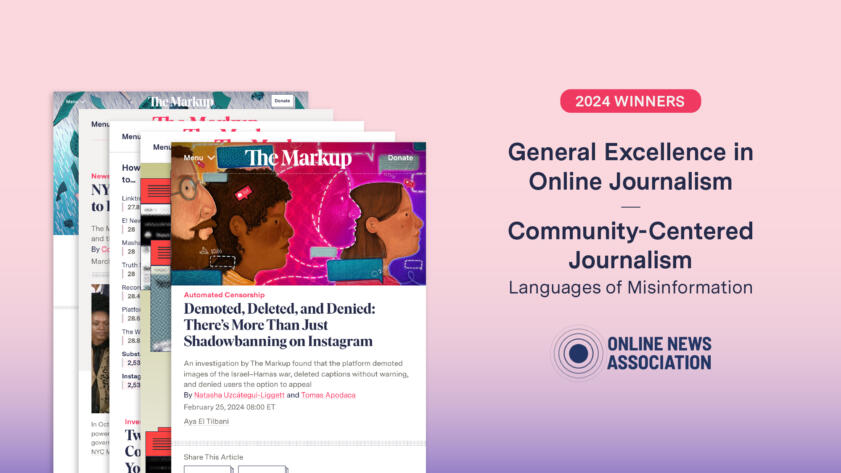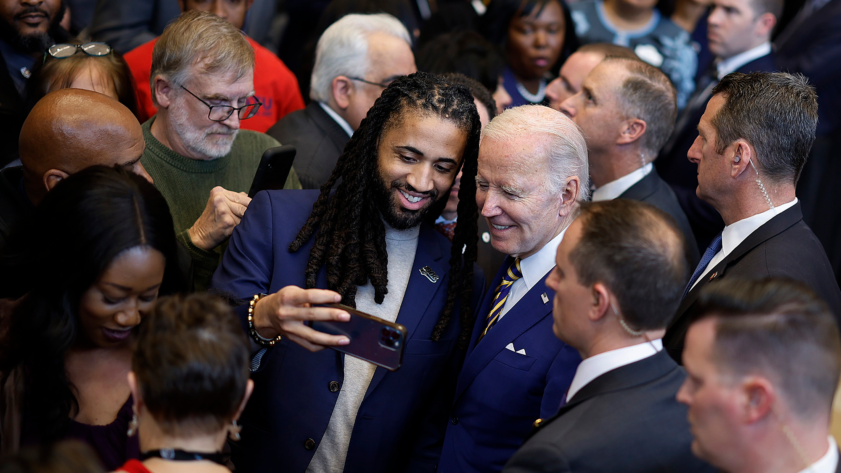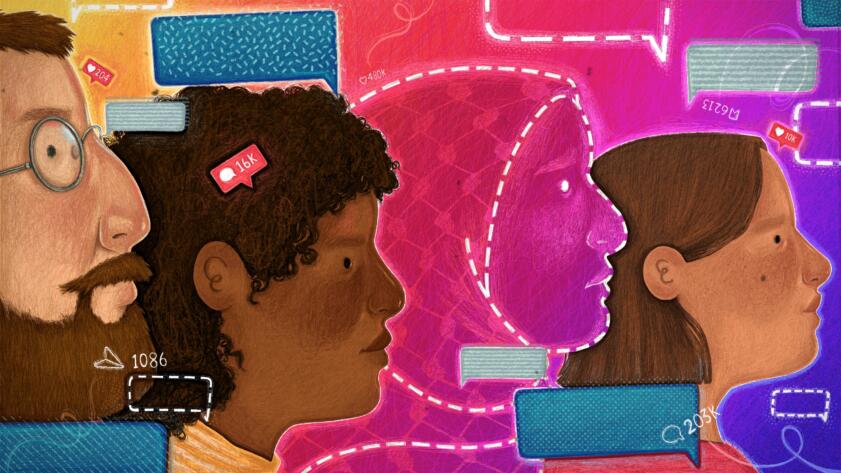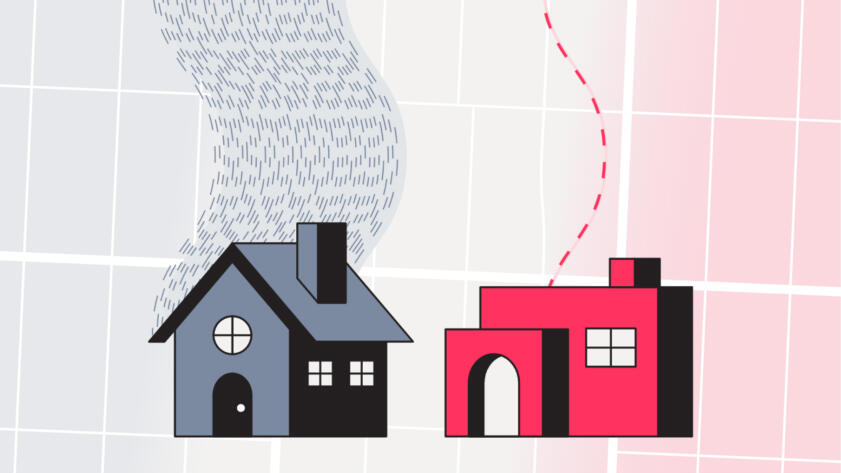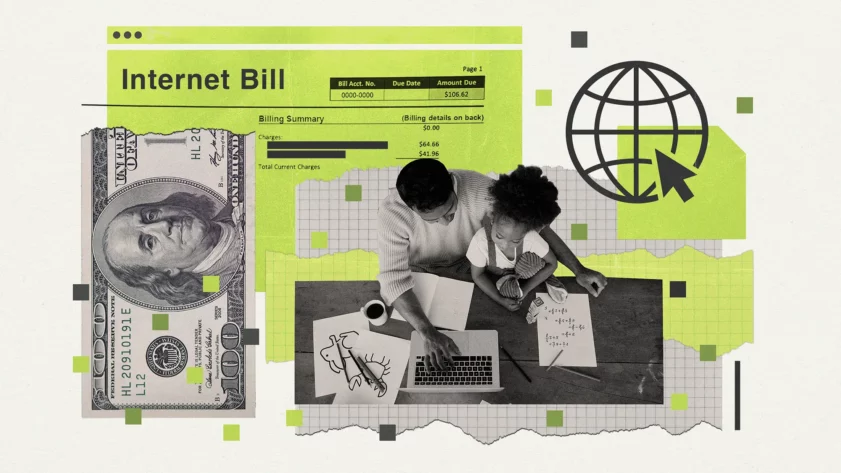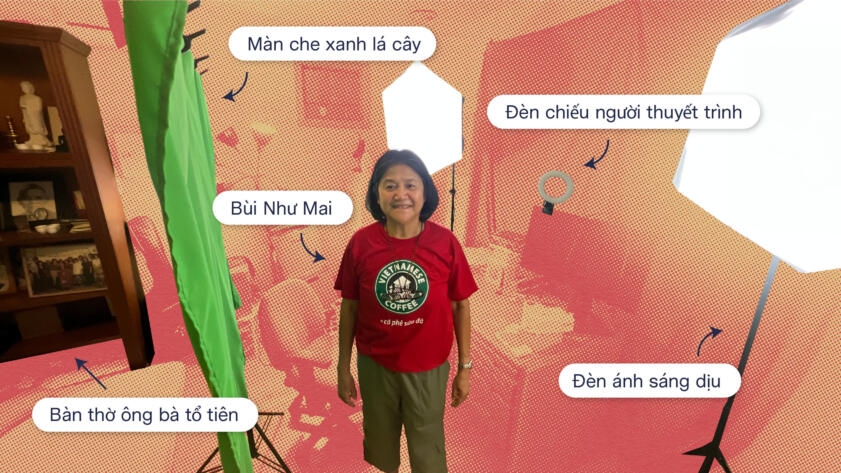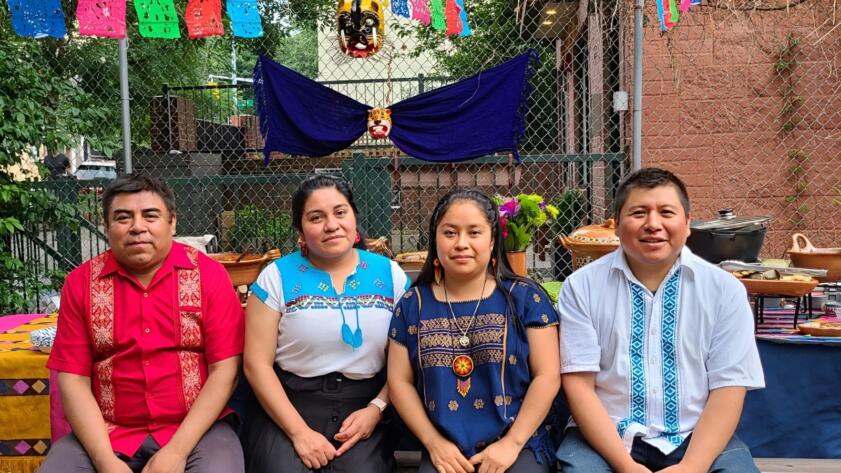The Markup has won first place for general excellence in the small newsroom category and the Gather Award for community-centered journalism in the 2024 Online Journalism Awards. The awards honor excellence in digital journalism around the world and innovative work in digital storytelling.
Judges called The Markup’s work, “Outstanding, actionable journalism that given the subject manner could not have come at a more consequential moment.”
CalMatters, which The Markup is now a part of, was also a finalist for general excellence in the medium newsroom category. Read more about how CalMatters’ journalism told Californians what their state government is doing for them and to them in the last year.
General Excellence Award
The Markup is honored to win ONA’s general excellence in online journalism award, which “honors a digitally focused news organization that successfully fulfills its editorial mission, effectively serves its audience, maximizes the use of digital tools and platforms and represents the highest journalistic standards.”
In the last year, The Markup’s journalism aimed to fulfill our mission of challenging technology to serve the public good, and for our work to give people more control over the technology affecting their lives. A sample of our work in the last year includes:
🧮 Data- and Software-Driven Reporting
Using nearly 100 accounts, The Markup conducted the first field audit of Instagram’s content moderation algorithms and our data found that they routinely limited the reach of posts supporting Palestine and denied users the ability to appeal.
Our uniquely comprehensive “digital book ban” investigation used data to reveal how web filters across 16 U.S. school districts in 11 states kept students from doing homework, exacerbated inequities, and discriminated ideologically.
Finally, The Markup testing revealed that NYC’s AI chatbot told business owners to break the law. The Markup asked the bot dozens of questions and found it was frequently wrong, advising visitors to discriminate in housing and to take workers’ tips.
🦸 Tools that Give People Superpowers
After the Washington Post reported X was throttling links to competitors, The Markup published a tool that lets anyone check if X throttles any link. Readers ran hundreds of tests and found delays reaching Patreon, WhatsApp, and Messenger, leading to a second story with Patreon creators explaining how the delays hurt their income.
Readers have also used our real-time privacy inspector, Blacklight, to scan websites for trackers nearly 16 million times, exposing abusive tracking by OB-GYNs, online pharmacies, and ed tech companies.
🤝 Partnership Between Communities and Newsrooms
In late 2022, The Markup exposed how major internet providers systematically give the worst deals to poorer and least-White neighborhoods—a data-driven investigation that eventually won a Philip Meyer award.
Since then, we’ve equipped affected communities to fight that discrimination, teaching readers how to find a better internet deal, how to fact-check company’s claims to the FCC (over 5,000 of them did, including the Detroit Documenters), and publishing “magic spreadsheets” that allow anyone to analyze internet speeds for disparities (a Chicago community youth group did so, presenting their findings to the mayor).
Following our work, the FCC approved rules against digital discrimination, and Los Angeles became the first city to outlaw it entirely.
We sought even closer collaboration with communities for reporting on misinformation, doing stories based on what dozens of Vietnamese immigrants in Oakland, California, told us they needed. The series that resulted, “Languages of Misinformation,” was also awarded in the Online News Awards—more on that below.
Community-Centered Journalism Award
Our series on the impact of misinformation on the Vietnamese immigrant community won first place for community-centered journalism among small newsrooms. The Online News Award award was presented by Gather, a project and platform to support community-minded journalists and other engagement professionals.
This award honors people, projects, and processes that center community information needs and voices in the production of journalistic work — something that investigative reporter Lam Thuy Vo embodied in her work reporting on misinformation in Vietnamese communities.
While misinformation and deepfakes are a known issue to much of the U.S. population, this awareness does not always spread to immigrant communities who do not speak English. In this series, The Markup sought to change this.
Lam began her reporting by doing an information needs assessment with one community: Vietnamese people above the age of 50 in Oakland, California. She conducted a focus group interview with 30 people, did individual interviews, and analyzed the YouTube archive of one volunteer who donated her YouTube viewing history of more than 17,000 videos. We learned that many community members got their news on YouTube, and from specific influencers who translated sites like Newsmax and Breitbart into Vietnamese.
Our first story focused on shedding light on what we found: For some immigrant communities, the only news that is accessible to them, is translated misinformation.
Our second piece focused on the oral history of Bùi Như Mai, a 67-year-old Vietnamese grandmother who started translating mainstream media into Vietnamese because she was worried about the misinformation consumed by her community.
Our third story was a guide for all second generation immigrants on how to talk to their loved ones about misinformation, since many children of immigrants have struggled to talk to their parents about misinformation in their native tongue. We published our work in English and in Vietnamese, in partnership with Vietnamese grassroots organization Viet Fact Check, whose volunteers translated our stories.
Finally, we built two workshops to address the information gaps that Vietnamese elders were facing. The first explained the main misinformation issues the community was facing and showcased tools like Google Translate for the community to use. It was service journalism delivered in person and in Vietnamese, and was received with excitement. A handful of Vietnamese community members installed the Google Translate app. The second workshop focused on explaining artificial intelligence and its capacity to create deepfakes, and how people can spot them.
Excellence in Technology Reporting
The Markup also won the Online News Association’s Excellence in Technology Reporting award in the small newsroom category in early award announcements a month ago. The award was for the investigative series on internet censorship in schools, “Digital Book Banning” and the honor marks a back-to-back win for The Markup, which last year took the same prize for its coverage of internet bandwidth disparities.
Congratulations to the entire Markup team for the recognition of their hard work.
Congratulations, too, to all of this year’s ONA finalists and award winners.
